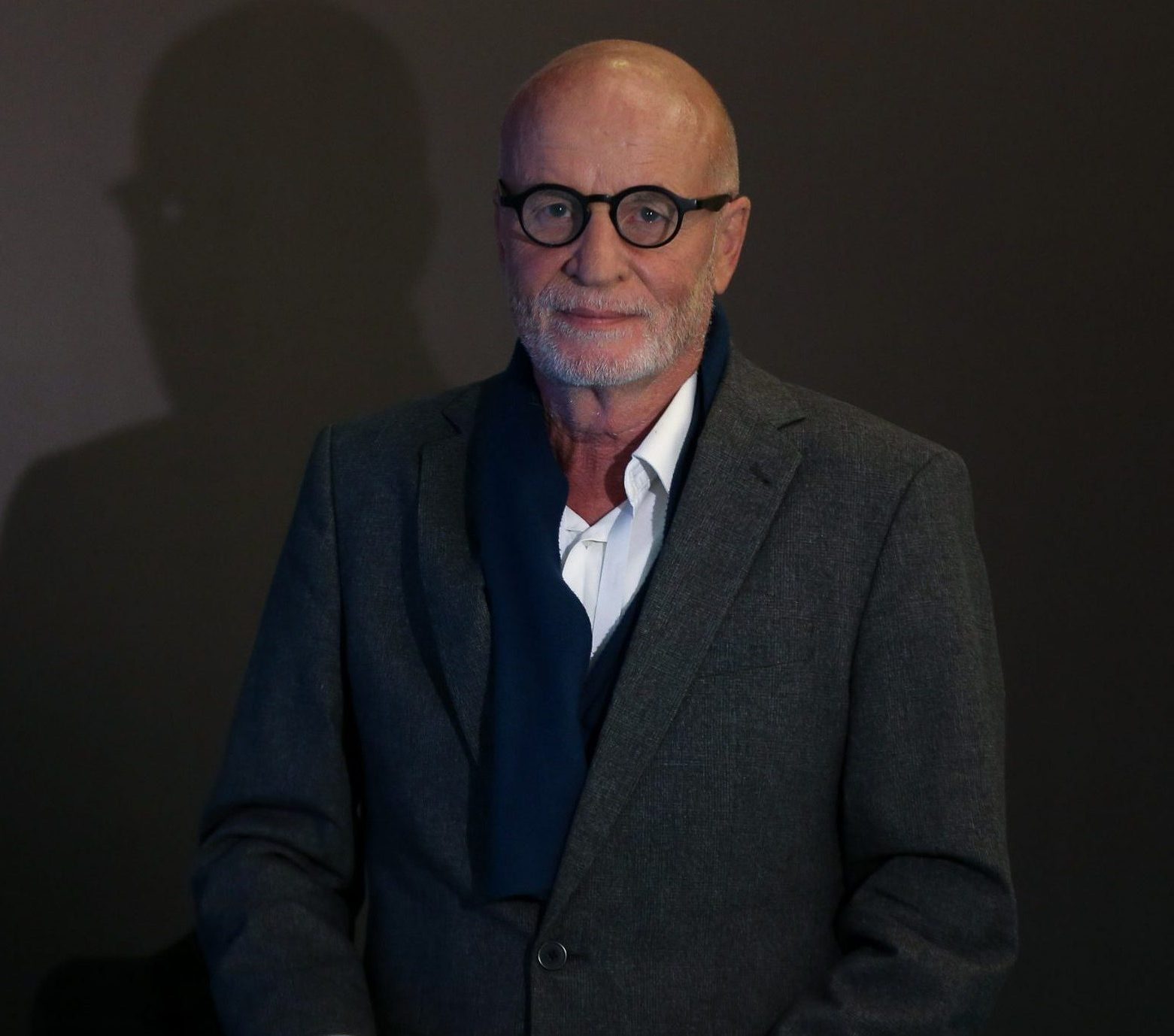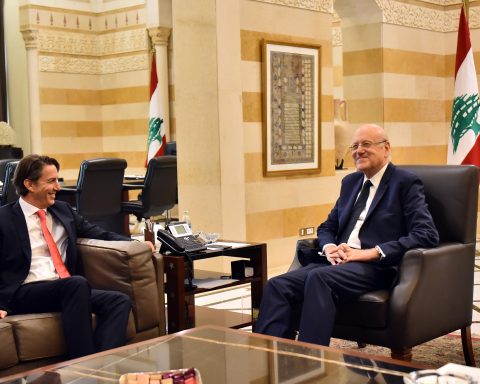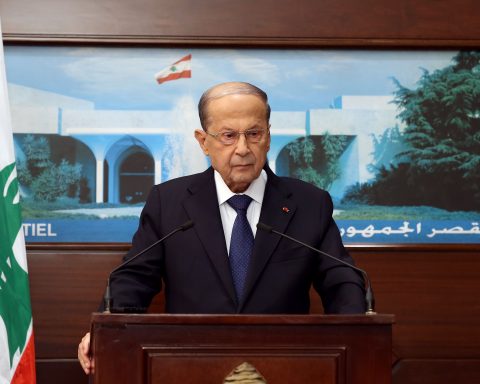How would you evaluate Emmanuel Macron’s policy in the Middle East, especially in Syria and Libya?
Professor François Burgat: President Macron has clearly leaned towards the side of Saudi Arabia and the United Arab Emirates, which support Sisi in Egypt and Haftar in Libya. This policy has two main reasons, the first being based on economic conditions. Saudi Arabia and the UAE are two important customers of the French industry, which has also contributed to warming of political relations. The second reason can be described as optional. France had good relations with the UN-recognized Government of National Accord (GNA) in Libya, given that it had once worked with it militarily. Therefore, commercial, and political relations could have been easily improved. However, due to his foreign policy against political Islam, Macron shifted his support towards Haftar. This change was also caused by Macron’s policy in domestic politics before the presidential elections in 2022.
How do you perceive the second wave of revolts seen today in the region, on the eve of the tenth anniversary of the Arab Spring?
Professor François Burgat: The road to bring the people of the Middle East and the Maghreb to reconciliation with their political institutions is long, but I have no doubt that achieving this fundamental goal will come closer with each passing year. So, no matter how difficult the current situation is, I stand optimistic.
What do you think about some Arab states normalizing their relations with Israel? Many analysts attribute this normalization process to the success of the anti-revolutionary forces in the region in stopping the Arab uprisings.
Professor François Burgat: In international relations, if two actors with conflicting views on a certain topic come together within a realistic approach and reach a realistic consensus on said topic, then this can certainly have serious advantages. However, the normalization process in question lacks any realistic consensus that could benefit the status of the Palestinians. Considering that Israel did not make any concessions on this issue, it can only be said that a stronger US-Israel relationship was formed at the end of this process. Such agreements do not constitute the foundations of a lasting peace. In fact, they reduce the possibility of finding a permanent solution. This normalization process can be seen as a victory for the Zionist camp, but I think it is a short-term victory.
Regimes that once plead to the American people to elect Trump have one thing in common: they have a very fragile democratic base and succumb to strong economic and political pressures, as seen in Sudan and Morocco. When we look at recent history, we can see that when Arab or Muslim countries believed they had to make large and unnatural concessions to Westerners, they had to pay the price sooner or later.
France is concerned about the growing role of Turkey in the Middle East. Can the current tensions between the two countries be explained by looking at the history of relations between Paris and Ankara?
Professor François Burgat: Actually, these tensions have always existed. Turkey, irrespective of the viewpoint the country’s political leaderships had, was always regarded as one of France’s oldest rivals in the Mediterranean, because of its Ottoman past. Although the relations between the two countries have never been very good to begin with, these relations have deteriorated significantly with the rise of the The Justice and Development Party. This is due to France viewing this victory not because of the democratization of the country, but as the victory of ‘political Islam’, which it obsessively opposes.
Even though both countries sat at the same table for a short time, during the first period of the Syrian Civil War, France’s ambiguous stance after the July 15 coup attempt and its support for the YPG (The People’s Protection Units) have caused serious harm to relations, from Turkey’s perspective. In contemporary context, French-Turkish relations are characterized by France’s decision to position itself on the side of the UAE and Saudi Arabia concerning issues in Yemen, Qatar, and Libya: the latter of which is in direct opposition to Turkey.














